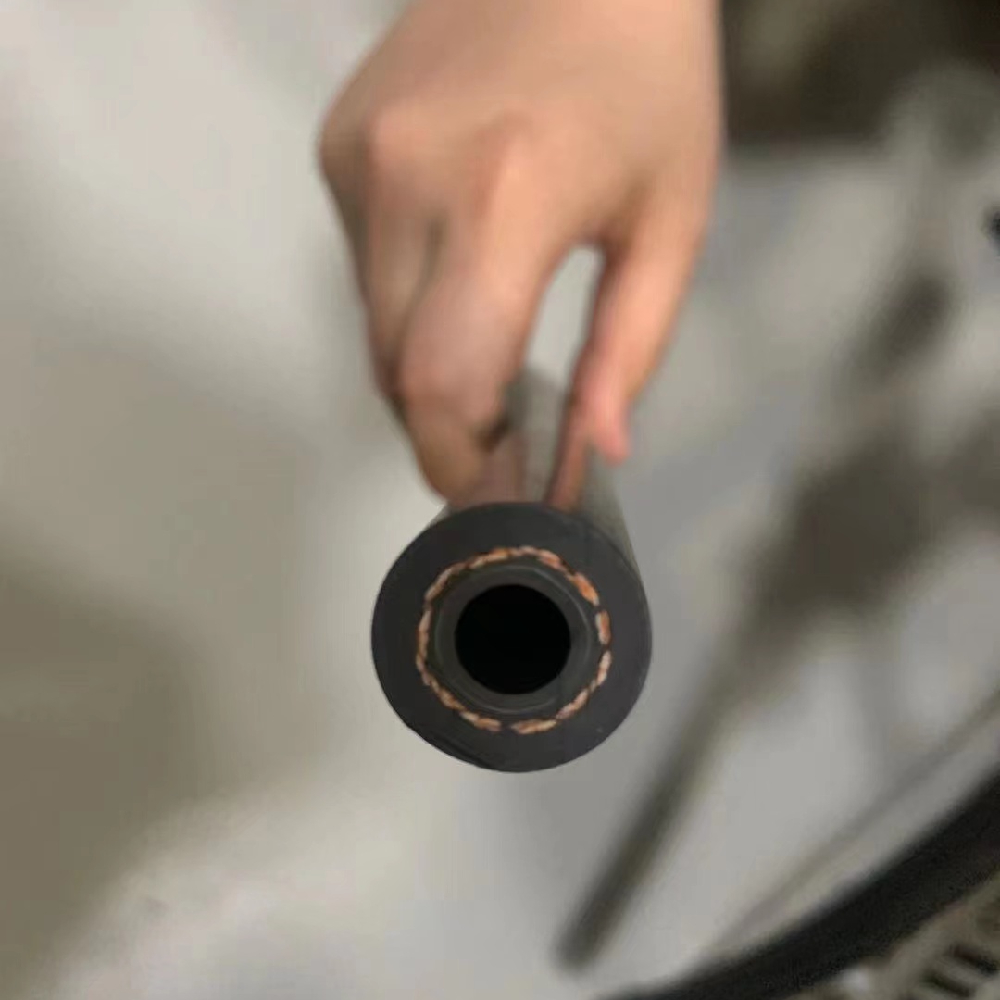gas hose car
Nov . 05, 2024 19:17 Back to list
gas hose car
Understanding Gas Hoses for Cars Safety and Functionality
The gas hose is an integral part of any vehicle's fuel system, ensuring that gasoline reaches the engine from the fuel tank efficiently and safely. Though often overlooked, the gas hose plays a critical role in a car's overall performance and safety. In this article, we will explore the importance of gas hoses, their construction, common issues, and maintenance practices that can help ensure they function effectively over time.
Construction and Function
A gas hose is typically made from materials such as rubber or synthetic compounds that are designed to withstand the harsh conditions of fuel transport. These hoses must be resistant to chemicals, heat, and pressure while maintaining flexibility to allow for movement and vibrations that occur during driving. Most importantly, they should be highly durable to prevent leaks, which could lead to costly repairs or dangerous situations.
In essence, the gas hose connects the fuel tank to the engine, carrying gasoline as it is needed for combustion. It is not just a passageway; the hose also plays a role in regulating fuel delivery and pressure. A properly functioning gas hose is vital to ensure that the engine receives the right amount of fuel at the right time, contributing to optimal engine performance and efficiency.
Common Issues
Gas hoses can develop problems over time, leading to leaks or blockages that can impact vehicle performance. Some common issues include wear and tear from prolonged exposure to fuel and environmental conditions. Cracking, bulging, or softening of the hose material can indicate degradation, often caused by age or exposure to excessive heat.
Another potential problem is loose fittings or connections that may lead to fuel leaks. This can pose a serious safety risk, as gasoline is highly flammable. Drivers should be vigilant about identifying any unusual smells, particularly the odor of gasoline, which may indicate a leak.
gas hose car

Additionally, blockages can occur due to debris or sediment buildup, impacting fuel flow to the engine. Regular inspections can help catch these issues early before they escalate into significant problems.
Maintenance Practices
To ensure the longevity and effectiveness of gas hoses, regular maintenance is essential. Car owners should periodically inspect the gas hose for signs of wear, including cracks, fraying, or loose connections. If any issues are detected, it is prudent to consult a mechanic for replacement to avoid potential hazards.
Another critical maintenance practice is to replace gasoline filters regularly to minimize the risk of debris accumulating in the hose. This not only helps maintain fuel flow but also enhances the overall health of the fuel system.
In addition to physical inspections, drivers should be mindful of fuel quality. Using high-quality fuel can prevent residue build-up in the fuel lines and prolong the lifespan of the gas hose.
Furthermore, in regions with extreme temperatures, consider using hoses designed for those conditions, as some materials can degrade more quickly under specific environmental stresses.
Conclusion
Gas hoses are vital components of a vehicle's fuel system, playing a crucial role in engine performance and vehicle safety. By understanding their function, recognizing potential issues, and adhering to proper maintenance practices, car owners can ensure their gas hoses remain in good condition. Ultimately, ensuring the safety and functionality of gas hoses contributes to a smoother, more reliable driving experience and helps prevent potential hazards associated with fuel leaks or performance issues. Regular attention to these important components is key to vehicle safety and longevity.
